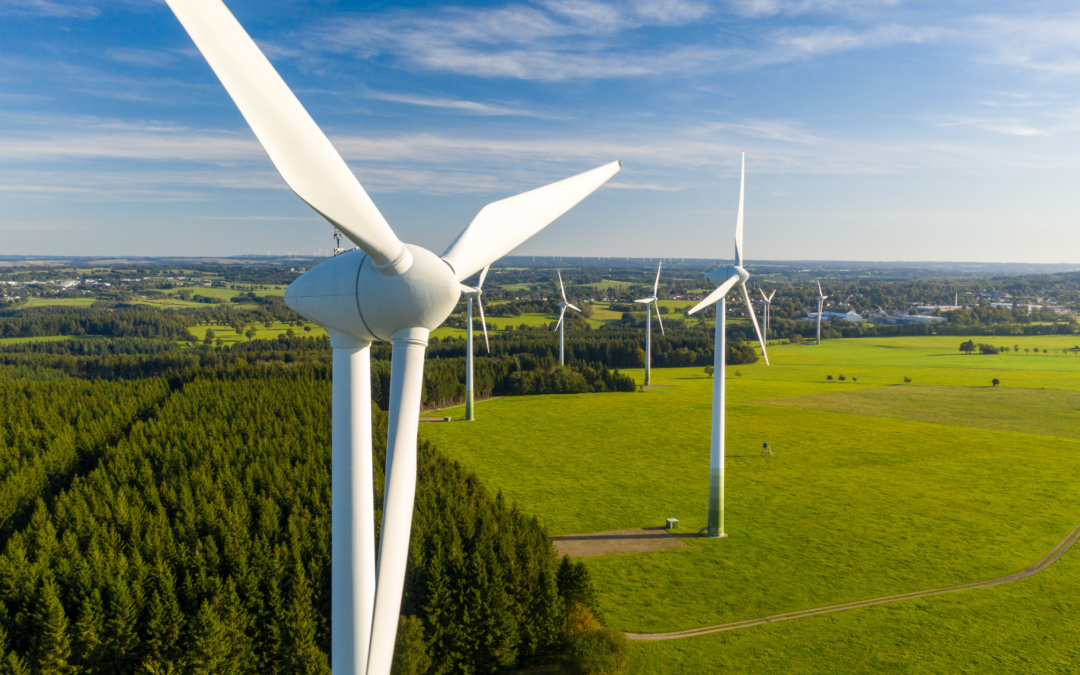We all know that the climate cannot wait any longer: sooner or later our planet will serve us the bill. At such a sensitive time, it’s up to decision makers to choose whether the green transition becomes a burden or a great opportunity to relaunch our economy while fighting against climate change.
On 31 January, the Committee on Economic and Monetary Affairs (ECON) in the European Parliament will vote on their final position on the resolution that they adopt every year regarding the policies of the European Central Bank (ECB). We strongly believe that the European Union shouldn’t waste the opportunity to use decarbonisation as a leverage to increase green investments and protect the competitiveness of green EU businesses. The ECB can play a crucial role in speeding up this process, by adopting a “differentiated” rate strategy, making green investments more convenient. From this perspective, the European Parliament’s annual resolution on the ECB should support and encourage the Central Bank to consider such a differentiated rate approach.
How can differentiated rates help the green transition?
The ECB can reconcile its price stability mandate with the EU’s environmental and economic objectives by offering differentiated lower rates for particular types of investments such as energy efficiency and renewables, which can be deflationary in the medium to long term.
Just a few days ago, in her special address at the World Economic Forum in Davos, EU Commission president Ursula Von Der Leyen announced a Net-Zero Industry Act, to make green EU industries more competitive in the global scenario.
During the same event, ECB president Christine Lagarde said that the ECB will ‘stay on course’ and increase interest rates for as long as eurozone inflation is above the target of 2%.
These two statements end up contradicting each other. Interest rate hikes are a threat to the green transition, and risk compromising the competitiveness of enterprises associated with this sector. For instance, renewables are more sensitive to higher costs of capital than traditional industries. That’s because renewable projects are more capital intensive as they require larger upfront investments.
The ECB has a much better option to support the green transition and the competitiveness of European businesses, all while working towards its mandate of maintaining price stability. That is adopting differentiated rates in refinancing operations for investments that can speed up energy efficiency and renewables.
Lower rates for green investments: a new tool to be considered
The heavy influence of fossil fuels on current inflation must be remembered: fossil energy, which is the culprit with regard to the high energy prices we see today, represents 3/4 of the EU’s energy consumption.
Interest rates are obsolete tools that won’t address the energy crisis and will not free EU countries from their fossil fuel dependency. Will the European Parliament – and subsequently the ECB – play its part in finding an innovative solution in favour of the renewables sector and the planet?

